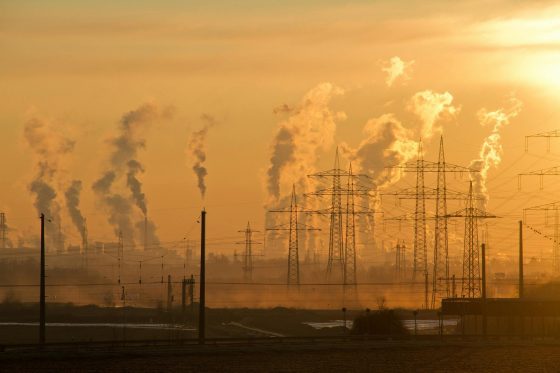
Air pollution—how dangerous is it? You may be surprised to learn Pennsylvania led the country for the highest number of premature deaths per capita caused by air pollution in 2020.
It’s important to take air pollution seriously, because it is harmful to your health. Remember the Canadian wildfires smoke that blanketed our area last summer? The smell in the air was enough to make us feel light-headed or sick. But not all air pollution is visible. You may not see or be aware of pollutants unless you experience symptoms like dry eyes, nose and skin, coughing, sore throat, sneezing, wheezing, tiredness and dizziness.
Breathing polluted air allows viruses to enter our lungs and our bodies. Microscopic air pollutants can bypass our body’s defenses, enter our respiratory and circulatory systems, and damage our lungs, heart and brain. Yikes! I need all the brain power I can get.
Air pollutants in Delaware County
- Nitrogen dioxide (NO2)
- PM 2.5 (particulate matter less than 2.5 micrometers)
- PM 10 (particulate matter less than 10 micrometers)
- Ground level ozone (O3)
- Sulfur dioxide (SO2)
- Carbon monoxide (CO)
- Lead
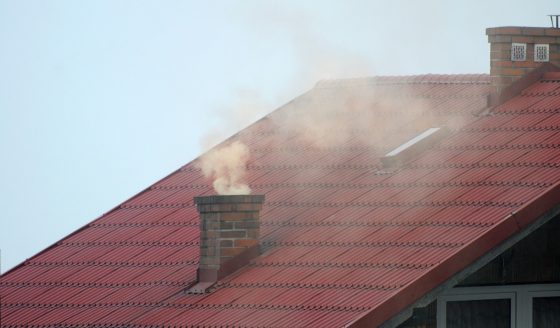
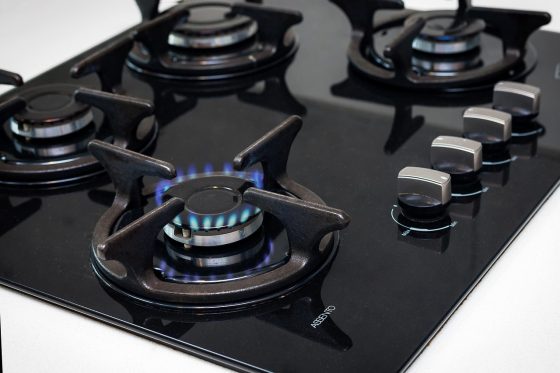

Sources of air pollutants In our area, the sources of air pollution are the Convanta incinerator (now known as Reworld), Delcora waste water treatment plant, multiple oil refineries, Mariner East pipelines, and heavily trafficked roadways (think I-95, Route 1, and Baltimore Pike). Air pollution doesn’t stay in one place. We also receive air pollution from the Philadelphia-Reading-Camden metropolitan area, which is ranked among the top 25 most polluted areas in the United States. Homeowners contribute to air pollution by burning yard waste and using gas stoves, gas heat, and wood burning fireplaces. Gas powered lawn equipment is an important and not well-known source of air pollution.
How to stay protected
- Check air quality daily.
- Keep windows rolled up when driving.
- Check the air filters in your furnace. Filters stop working when they are clogged with air pollution.
- Purchase a home air purifier with HEPA filters. IQ Air is an excellent one. Others are listed here.
- Take heart or respiratory medication with you when you go outside.
- Be cautious when you exercise outside. When you are physically active, you breathe deeper and faster, which increases contact with air pollutants. Avoid busy roads or commercial areas where there is a lot of traffic
- On days when air quality is poor, wear an N85 or KN95 mask when you are outside.
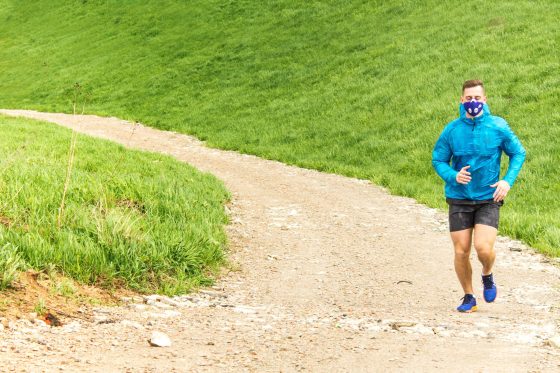
Prevent air pollution at home
Do everything you can to maintain clean air at home. Reduce the use of products that add pollution to your home.
- Use environmentally friendly household products and materials.
- Fix water leaks to prevent mold growth.
- Install a carbon monoxide detector.
- Use a MERV 13 filter on your heater.
- Purchase an IQ Air or other air purifier for your home.
- Avoid using appliances that operate on gas or propane.
- Turn on the range hood when cooking. Vent the hood to the outside.
- Consider replacing your gas stove with an electric stove. Gas releases methane, a harmful greenhouse gas.
- Measure the concentration of radon in your home.
- Turn on the bathroom fan every time the shower or bathtub is used.
- Avoid smoking inside.
- Give up burning wood in your fireplace.
- Do not burn yard waste.
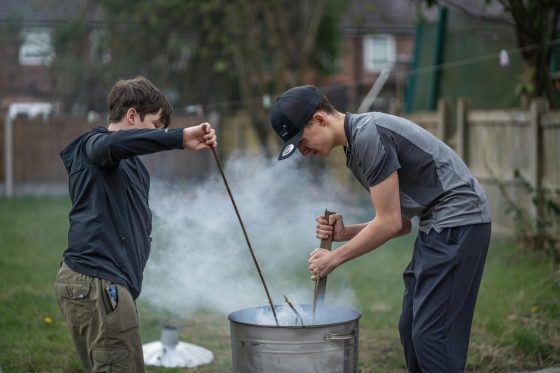
Times have changed and we need to change too. We can no longer take clean air for granted. Air pollution has increased exponentially due to climate crisis, increased population, more car and truck traffic, and more industry. It’s important to take air quality seriously and do our part to keep air clean.

Leave a Reply